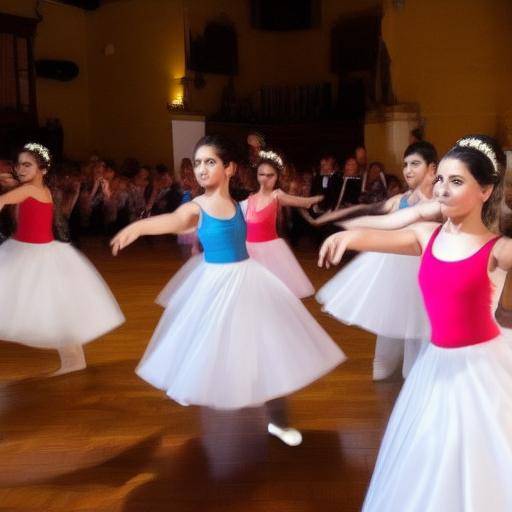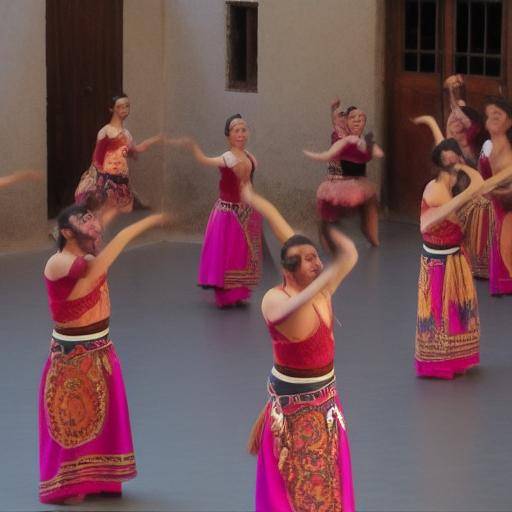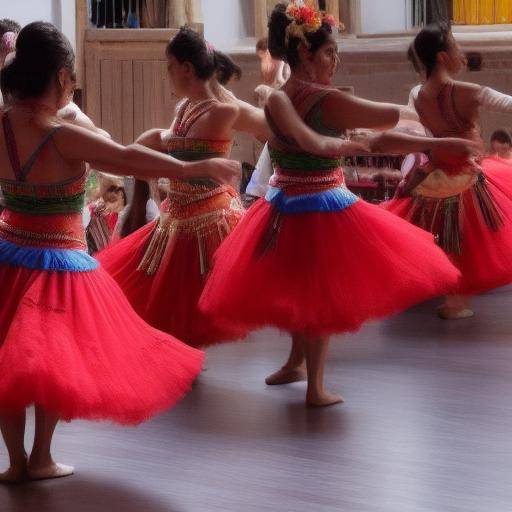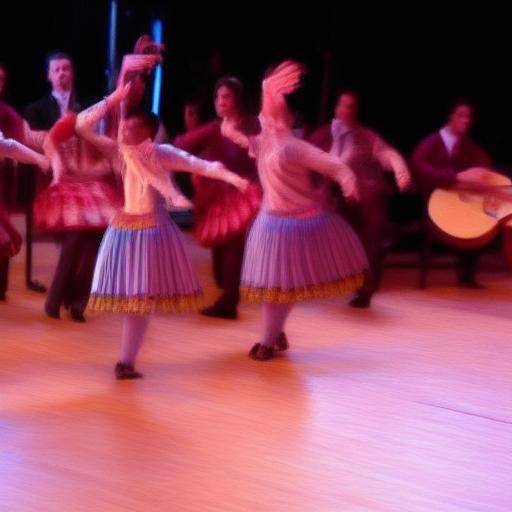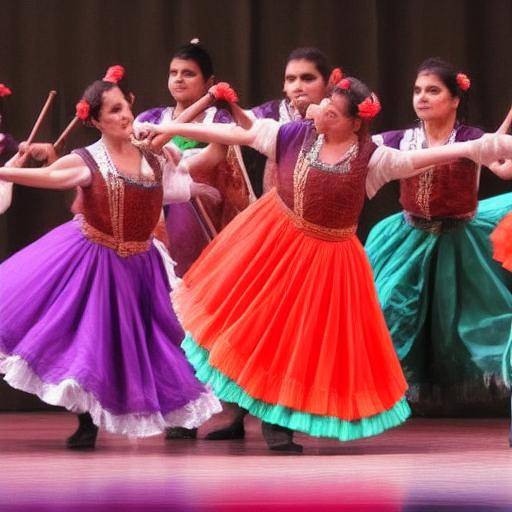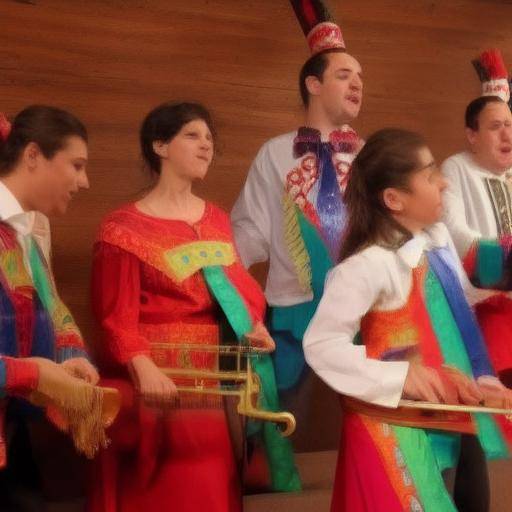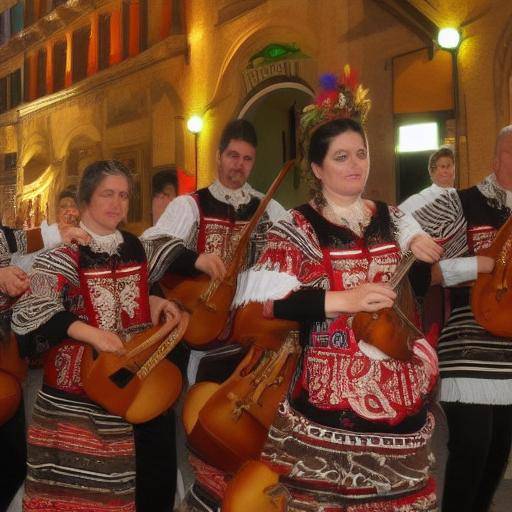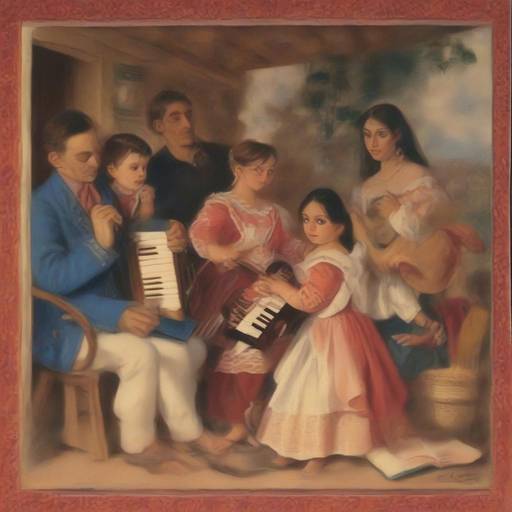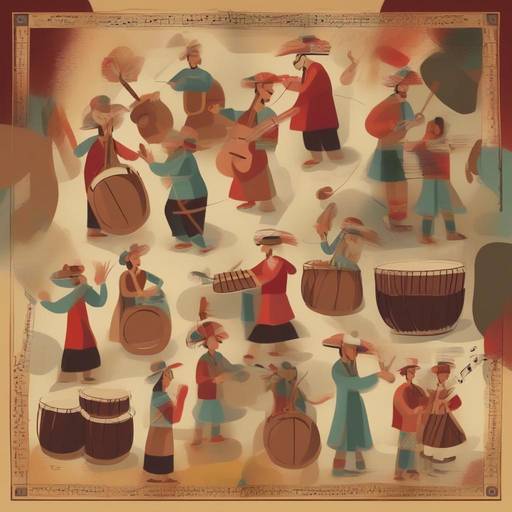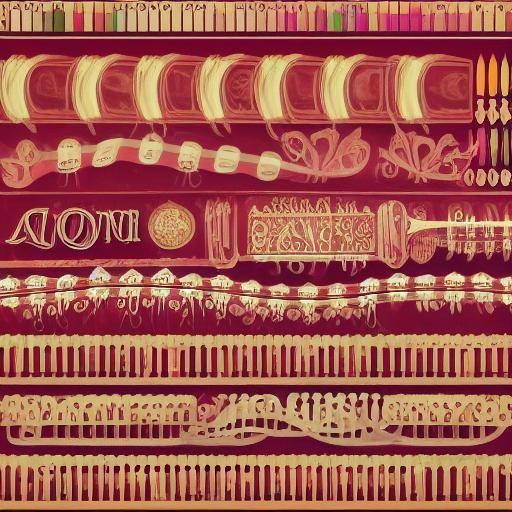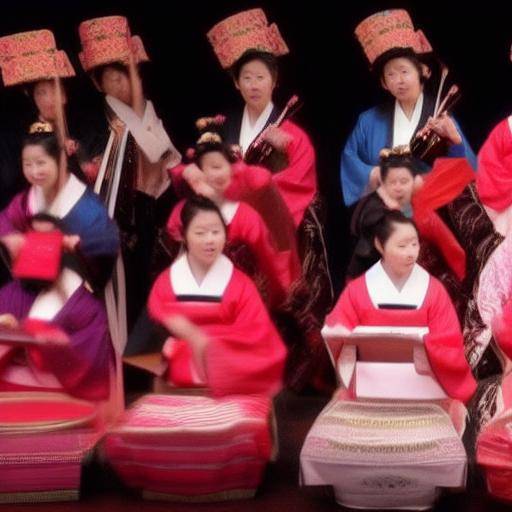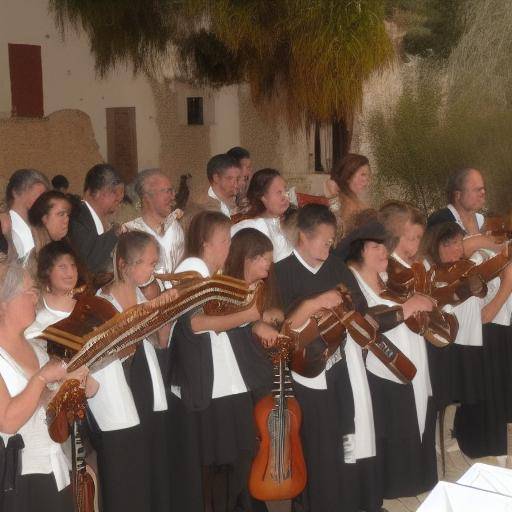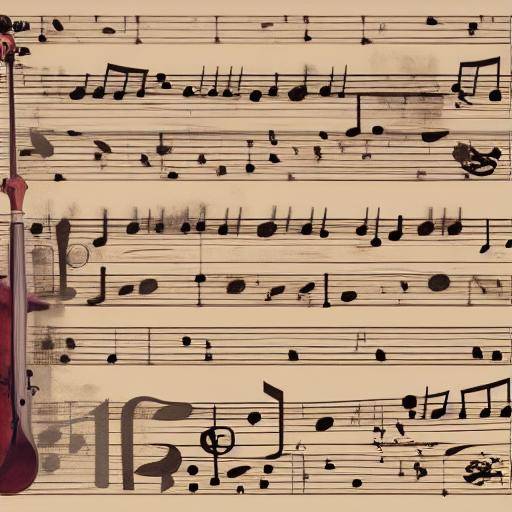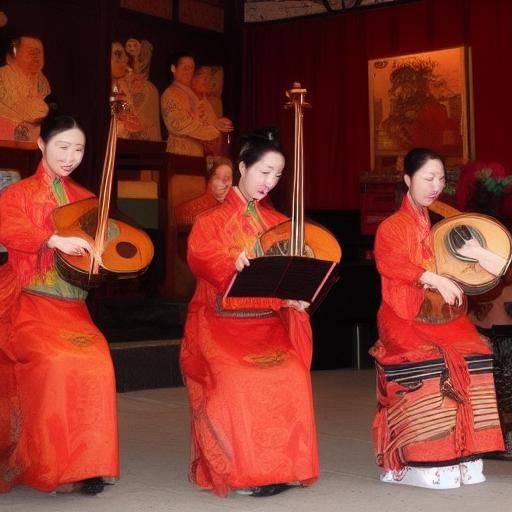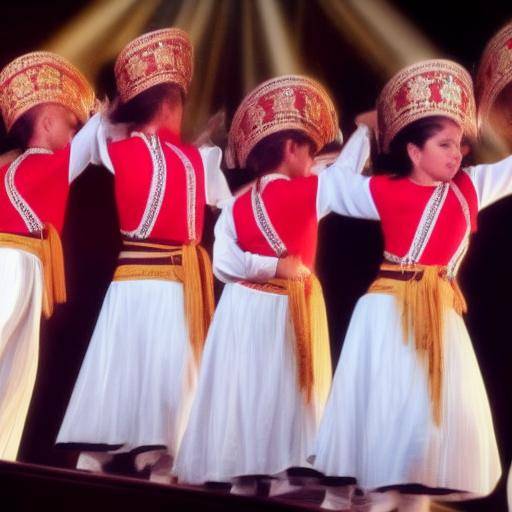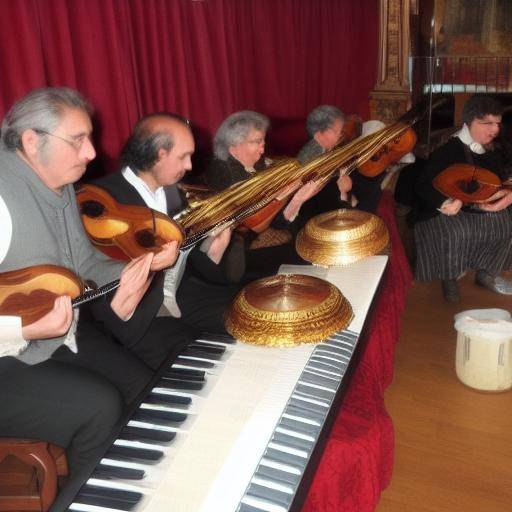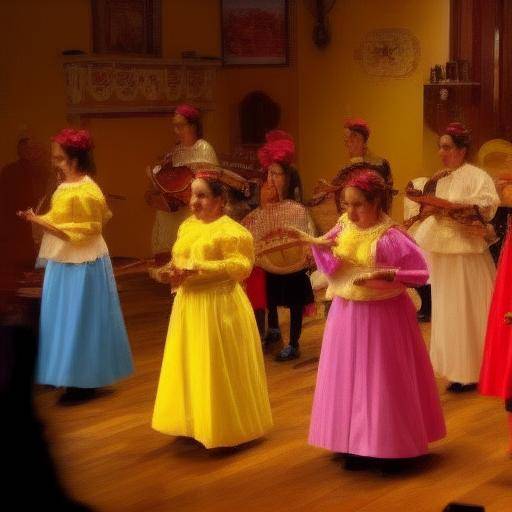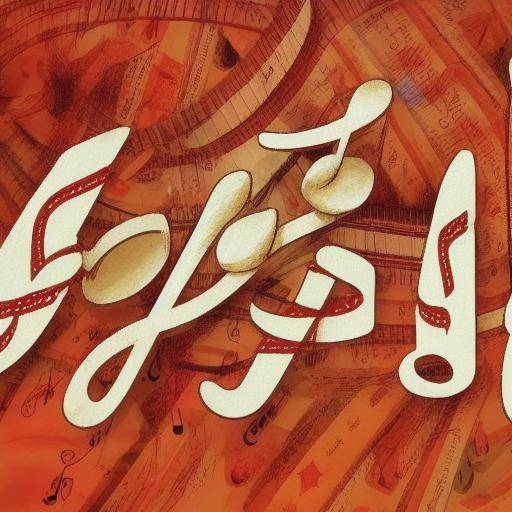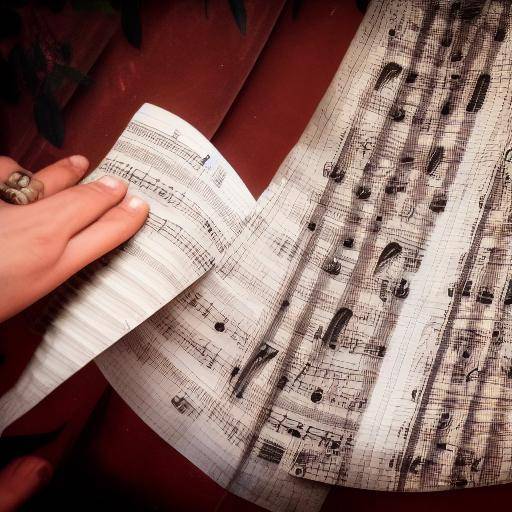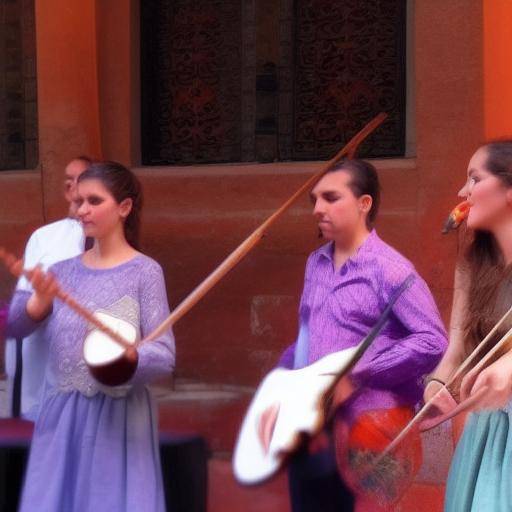
Introduction
Music has a profound meaning in Arab culture, enriching it with a diversity of musical traditions that have endured over the centuries. From the captivating rhythms of the oud to the charming melodies of qanun, Arabic music encompasses an incomparable wealth. In this article, we will explore the musical traditions rooted in Arab culture, its historical evolution, contemporary influence and its role in today's society. Dive into the fascinating world of Arab music and discover its extraordinary diversity and depth.
History and Background
Music in Arab culture has its roots in a rich and multifaceted history dating back to thousands of years. From the ancient pre-Islamic era to the present day, it has experienced significant evolution that has allowed its flourishing in various forms and styles. Music in Arab culture has been an integral component of everyday life, bringing with it a profound narrative that reflects the traditions, values and beliefs of this culture.
From the time of the Umayyad empire to the contemporary world, Arab music has gone through a fascinating journey, experiencing influences of various civilizations and enriching with diverse perspectives. With the advent of Islam, Arab music experienced a unique synergy between the religious and the profane, which shaped its character and gave it a distinctive identity.
During the Islamic Golden Age, music flourished in regions such as Al-Andalus, where multiple musical genres and styles were born through the encounter between Arabic, Jewish and European music. This cultural exchange resulted in the creation of unique musical compositions that last until today.
Analysis in Deep
Arabic music has not only been an artistic expression, but also a means of preserving and transmitting the history, traditions and poetry of Arab culture. The distinctive maqams, which are melodic patterns used in Arabic music, reflect the wide range of emotions and moods. These maqams have been a fundamental pillar in the creation of musical compositions that evoke a range of feelings, from melancholy to euphoria.
Arab music has also played a crucial role in the religious sphere, being an essential component in Islamic celebrations and rituals. Sufi music, for example, is a devotional expression that seeks spiritual transcendence through music and dance. In its essence, Arabic music has been a unifying force that has transcended borders, uniting people from diverse cultures and communities.
Comprehensive review
Arab music has influenced contemporary musical genres worldwide, merged with other musical styles to create an amalgam of unique and exciting sounds. World-renowned artists such as Fairuz, Om Kalthoum and Marcel Khalife have taken Arab music to global audiences, gaining admiration for their musical skills and interpretative skills.
The emergence of technology has allowed a massive diffusion of Arab music, reaching audiences around the world through digital platforms and social networks. This accessibility has contributed to the promotion and preservation of Arab musical traditions in a global context, keeping alive the essence and authenticity of this form of ancestral art.
Comparative analysis
Arabic music is distinguished by its emphasis on improvisation, vocal ornamentation and rhythmic complexity, elements that differentiate it from other musical styles. The fusion of rhythms and melodies that incorporate instruments such as oud, qanun and derbakke, gives Arabic music a unique and captivating sound identity that distinguishes it prominently. Comparatively, Arabic music offers melodic wealth and passionate lyricism that distinguishes it from other musical styles.
Practical Tips and Accessible Tips
If you want to immerse yourself in the world of Arabic music, here are some practical tips to start your trip:
- Explore the different maqams and familiarize yourself with their melodic variations.
- Listen to iconic artists such as Fairuz, Om Kalthoum and Marcel Khalife to appreciate the diversity of Arabic music.
- Learn about the crafts of traditional instruments such as oud, qanun and derbakke to understand their role in Arabic music.
- It attends concerts or festivals of Arab music to experience the authenticity and emotive of these live shows.
Industry Perspectives and Expert Reviews
According to experts in Arabic music, Arabic music is expected to continue to exert a significant influence on the global music scene, enriching and diversifying the musical panorama. With the emergence of new hybrid genres and collaboration among international artists, Arab music is setting an innovative way in the contemporary musical industry.
Case Studies and Applications in Real Life
Arabic music has found applications in various spheres of life, from its role in promoting cultural diversity to its therapeutic use in music therapy. Case studies have shown how Arab music has contributed to the preservation of cultural identity and the promotion of intercultural dialogue, promoting mutual understanding and respect.
Future Trends and Predictions
Looking forward, it is expected that Arab music will continue its evolution, adapting to the demands of a constantly changing world. With the emergence of new digital technologies and platforms, Arab music has the potential to reach global audiences more effectively, bringing with it its rich cultural heritage and vibrant artistic expressions to an increasingly diverse audience.
Conclusion
Arab music is a cultural treasure that transcends borders, connecting people from diverse backgrounds through its emotivity and depth. From its historical roots to its contemporary influence, Arab music remains a beacon of creativity and artistic expression that lasts over time. As we explore the musical traditions rooted in Arab culture, we enter into a universe of sounds, meanings and emotions that enrich and embellish our existence.
Frequently asked questions
Question 1: What are some of the most emblematic instruments used in Arabic music?
The most emblematic instruments of Arabic music include oud, qanun, derbakke, nay and the Arabic violin. Each of these instruments provides a unique dimension to Arabic music, contributing to the sound wealth of this cultural heritage.
Question 2: How has Arabic music merged with other musical styles in contemporary music?
Arabic music has experienced innovative fusions with musical genres such as jazz, pop and electronic music, leading to creative collaborations that integrate elements of Arabic music into contemporary contexts.
Question 3: What is the role of Arab music in culture and society?
Arab music plays a vital role in preserving cultural identity, artistic expression and promoting intercultural dialogue, fostering understanding among diverse communities.
Question 4: How can I learn more about Arabic music if I have no background in this area?
If you want to explore more about Arabic music, you can start by listening to works by iconic artists, attending concerts or recitals, reading books and specialized articles, and participating in workshops or Arabic music classes.
Question 5: What is the impact of Arabic music on the contemporary musical scene?
The impact of Arabic music on the contemporary musical scene is reflected in its ability to influence global musical genres, enriching the musical panorama with its diversity and sophistication.
Question 6: What is the importance of the maqams in Arabic music?
Maqams are fundamental in Arabic music, as they provide the basis for improvisation, ornamentation and emotional expression. Each maqam evokes a unique set of emotions and nuances, contributing to the richness and depth of Arabic music.
Conclusion
Arab music is a cultural treasure that transcends borders, connecting people from diverse backgrounds through its emotivity and depth. From its historical roots to its contemporary influence, Arab music remains a beacon of creativity and artistic expression that lasts over time. As we explore the musical traditions rooted in Arab culture, we enter into a universe of sounds, meanings and emotions that enrich and embellish our existence.

